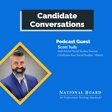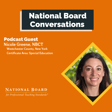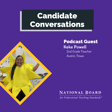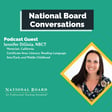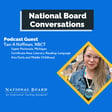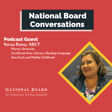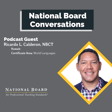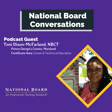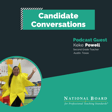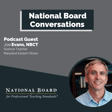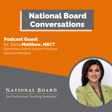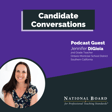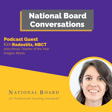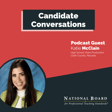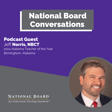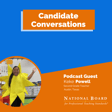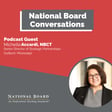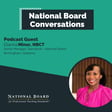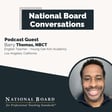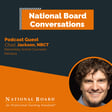
Shelina Warren - Social Studies Teacher/Leader - Dunbar High School - Washington DC
Dr. Shelina Warren is an Arkansas native, army veteran, and social studies teacher/leader in her eighth year at Dunbar High School in Washington, DC, and her 21st year in education. She teaches 10th – 12th-grade students Constitutional Law, Law and Justice Advocacy, Peer Mediation, and Human Rights and Social Action. Shelina is also the director of the Eleanor Holmes Norton Law and Public Policy Academy, whose mission is to nurture students to use their voices to affect change. Before moving to DC, Mrs. Warren taught 9th-grade Civics and Economics for ten years and spent three years teaching gifted and talented K-6 students in Arkansas.
She holds a Bachelor of Science in Social Science Education from the University of Arkansas at Pine Bluff, a Master of Education in History and Educational Technology from the University of Arkansas at Monticello, a Master of Education in Gifted and Talented Education from the University of Arkansas at Little Rock, and an Educational Specialist degree in Educational Leadership from Arkansas State University. She recently received a Doctoral degree in Urban Leadership from the Johns Hopkins University. She had the distinction of achieving National Board Certification in Social Studies, Adolescent to Young Adulthood in 2013.
She has won numerous awards in the past, including the 2012 Arkansas Teacher of the Year Finalist – 2nd Runner-Up, the John Morton Excellence in Teaching Economics (national) Award in 2015, the Mikva Challenge DC Inspiring Education Award 2018, the Anna Julia Cooper Award in Civic Action and Social Change in 2020, 2021 District of Columbia Teacher of the Year Finalist - 2nd Runner-Up, 2022 American Civics Education Teacher Award (ACETA) and the 2023 Street Law Classroom Champion award.
Twitter: @NBPTS
Instagram: @NBPTS
Facebook: The National Board for Professional Teaching Standards
